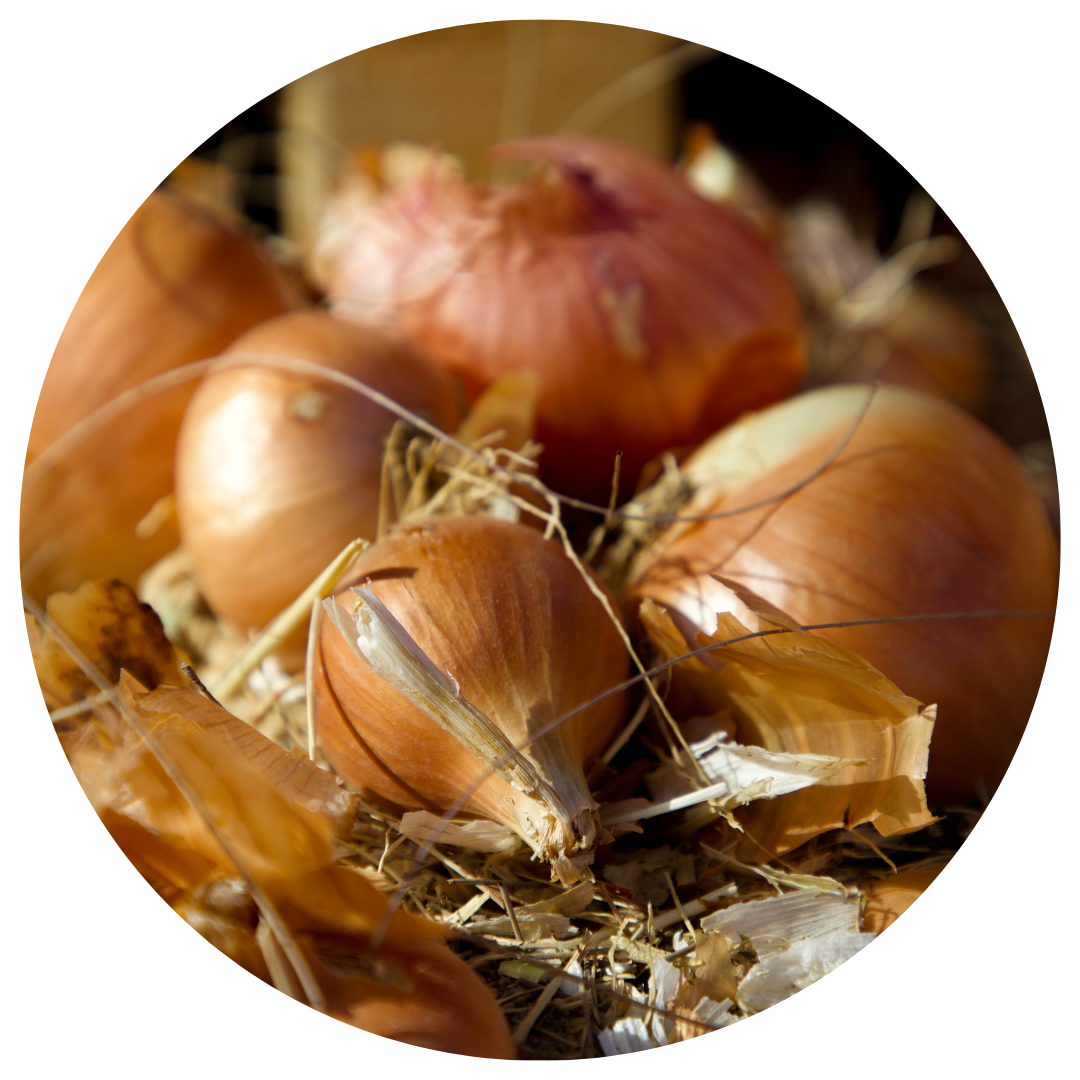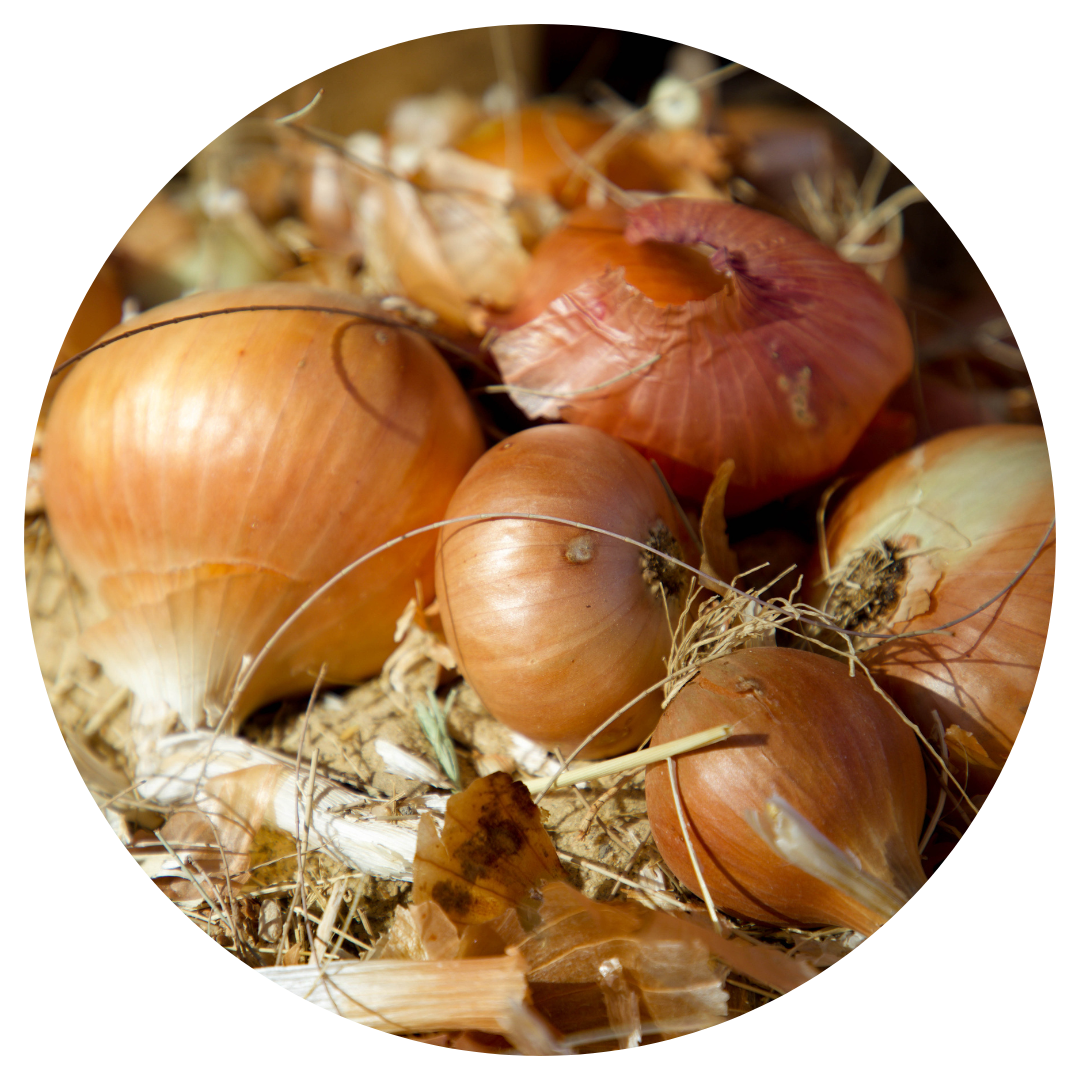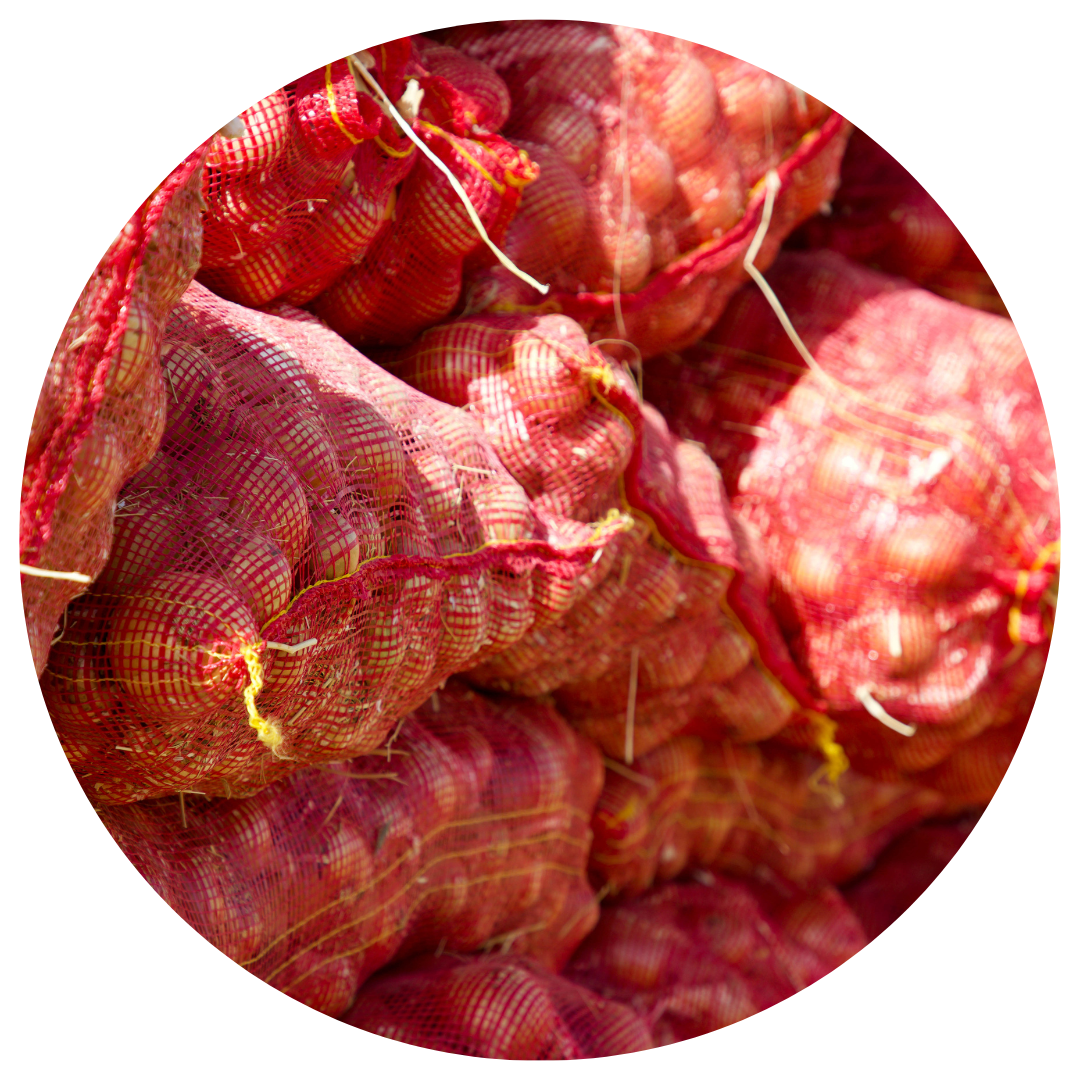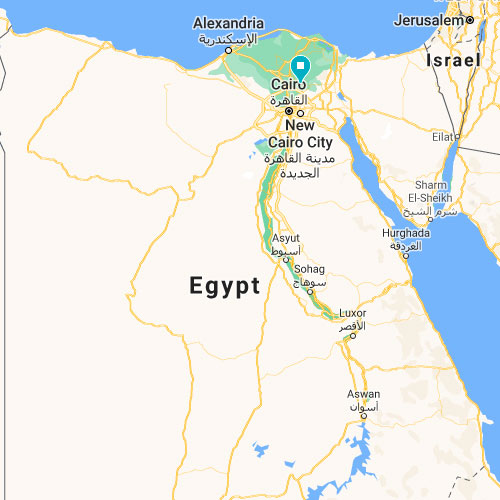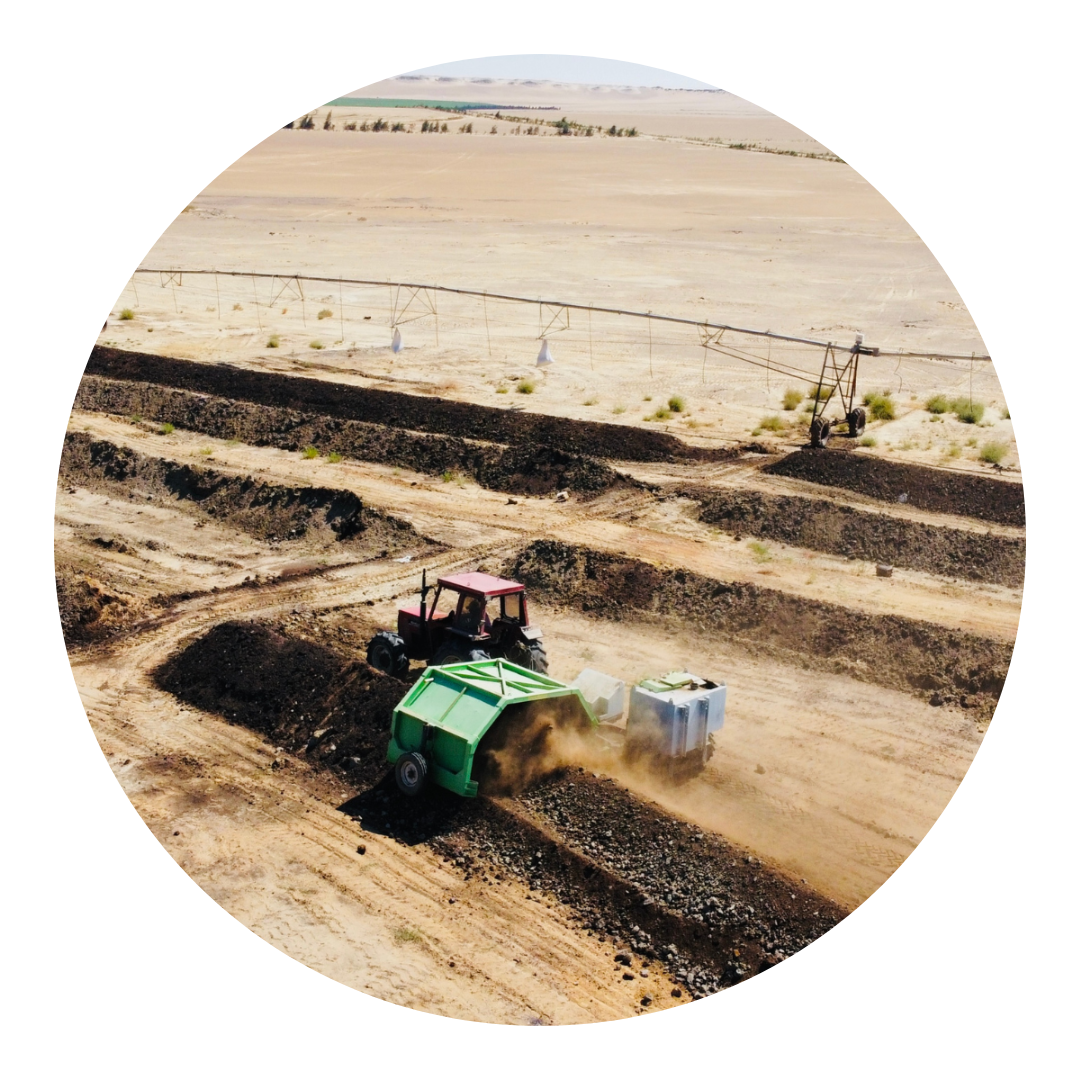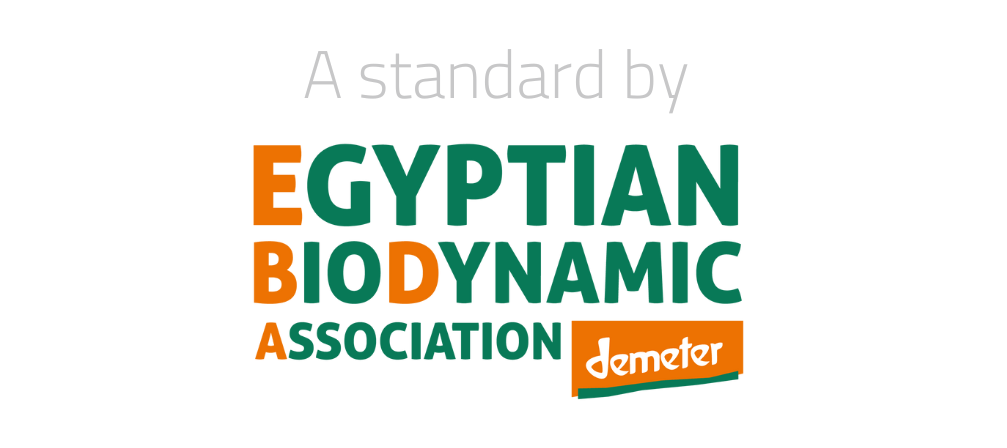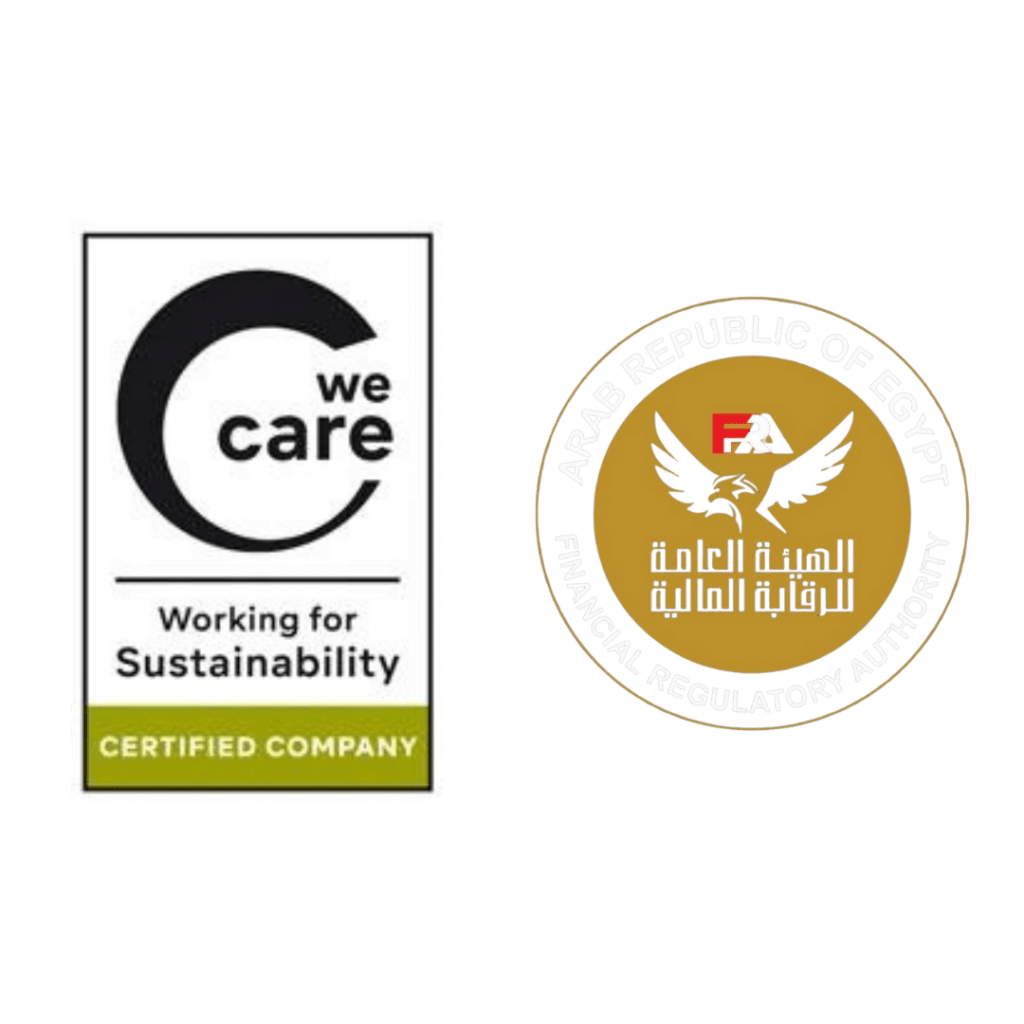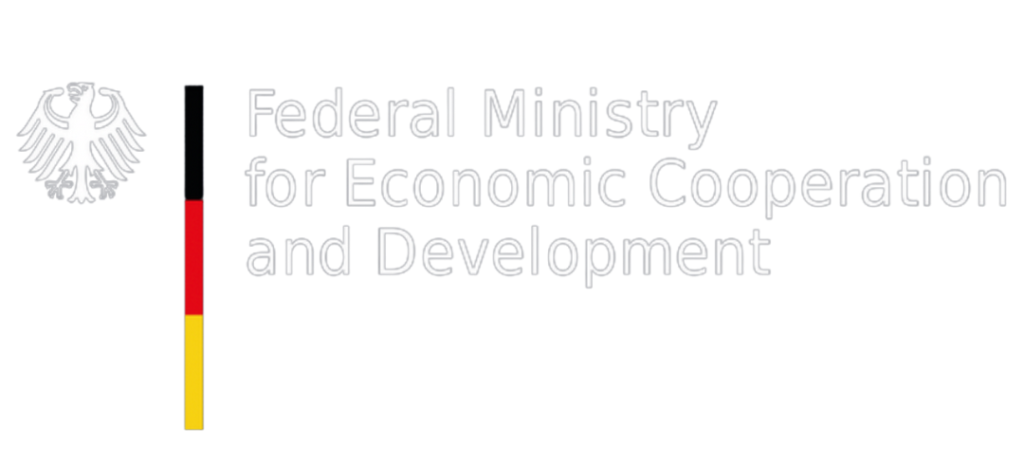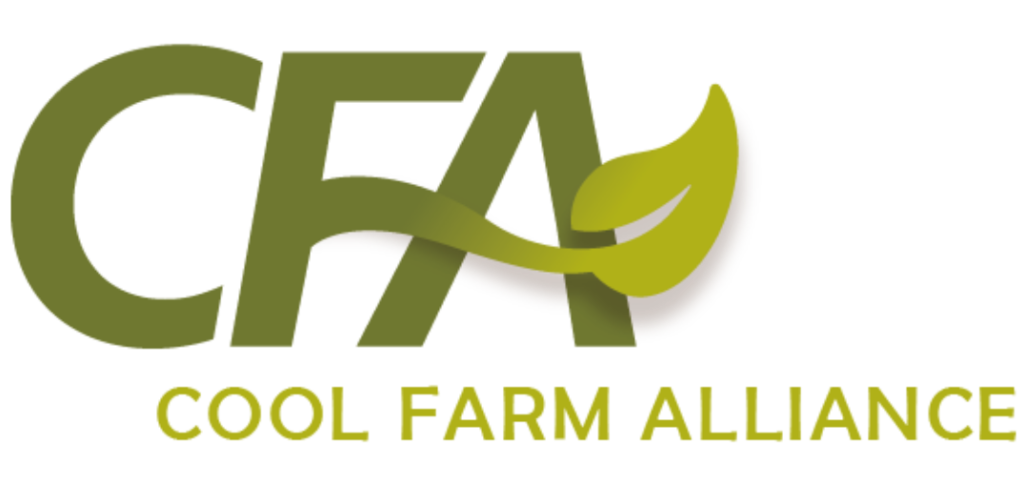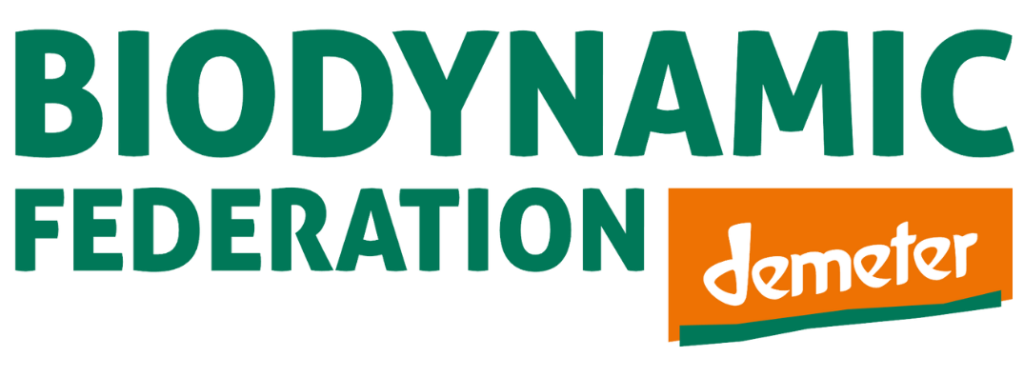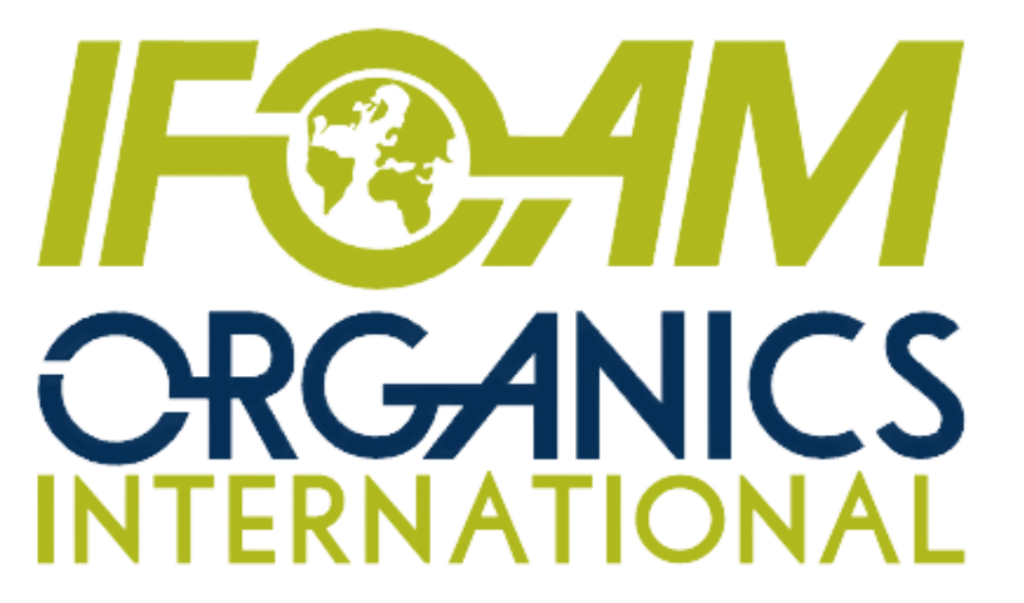Traceback your Product
and explore your
impact on people
& the environment
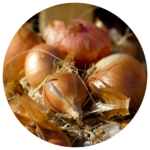
Creating a
FAIR ECONOMY
21%
of the product price is directly going to the farmers to cover the farm cost and a fair compensation for farmers.
Creating a
FAIR SOCIETY
100%
of full-time employees who worked to produce this product receive health insurance and safe working conditions.
Life Long Learning &
WELLBEING
10%
of the working time is dedicated to art and self-development activities; to promote wellbeing and happines at work.
Protecting the
ENVIRONMENT
were sequestered/absorbed by the soil, per kilo of dates produced, reducing the impact of agriculture on climate change.
Farming
The jojoba trees are grown in Egypt; on 8 farms Located in Wahat, Minia and Asuit. They are Demeter certified farms that grow under the principle of the highest form of organic agriculture known as biodynamic, providing the highest quality products and enriches biodiversity.
Additional to the regenerative methods of biodynamic agriculture, the jojoba plant in itself is sustainable, requiring little irrigation and pests resistance. Moreover, only the seeds are used, making replantation unnecessary.
Economy of Love helps the farmers generate more income with the monetization of carbon sequestration and avoidance, through the EoL Carbon Credits.
Through the EoL fund and microcredits programs, farmers are encouraged to plant more trees, produce more compost and use renewable energy on their farms, thus prominently contributing to climate change mitigating.
Meet The Farmers
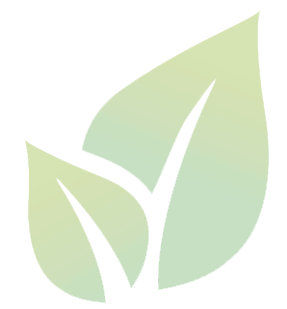
get to the source of production

Waleed
Farmer in El Wahat El Bahareya, Egypt
Waleed is an agriculture engineer in Wahat SEKEM. His children study at SEKEM school, also his wife teaches Arabic there. They are living a wonderful new experience surrounded by calming beautiful places. He’s a hard worker farmer trying to cover all the herbs needed in the market.

Gomaa
Farmer in Fayoum, Egypt
Gomaa Hassan has his own Demeter-certified biodynamic farmland in Fayoum, where he grows Sesame along with other crops. He’s been working in biodynamic agriculture for 24 years. This is why he believes in the importance of growing biodynamically, as it protects his family’s health and his land’s ability to regenerate itself.
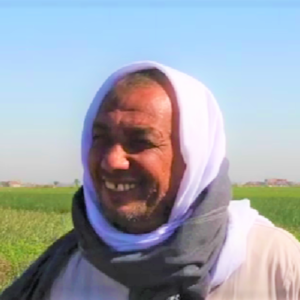
Abdel-Ghaffar
Farmer in Asiut, Egypt
Abdel-Ghaffar is a partner with SEKEM for 15 years, growing biodynamic crop on his farm called Abdel-Ghaffar Farm. He uses biodynamic preparation and compost with no pesticide. SEKEM covers all their needs and takes samples for analyzing the quality of the soil.
Processing
The dates arrive directly from Wahat to iSiS factory in Adlya. Samples are taken to ensure their compliance with the organic standard. After that the dates are cleaned, dried in the oven and stones are removed from them by hand.
Oven dried dates has a higher level of iron and calcium than fresh dates. In addition to that, the high temperature purifies the dates from harmful bacteria.
After pitting the dates, the stones are sent to sites to be reused either as animal fodder or compost. Both sites are located on the same farm the factory is.
The water used in washing the dates is reused in the irrigation of trees on the factory property.
Packaging Material
The dates may be responsibly grown and processed, but its packaging material and the companies from which they are sourced do also have a huge impact on the products’ lifetime, and cannot be neglected.
The packaging of the dates consists of cardboard, and a plastic insulator sheet. The boxes are biodegradable and the sheets are recyclable.
During the processing of the dates they are kept in these blue polyethylene bags that are recyclable.
iSiS factory sells their non-organic waste left from the processing stage to external recycling entities in Egypt.
Distribution
The Date boxes are now ready to be loaded in Sekem’s trucks that are prepared and ready to deliver the dates to the port where it’ll be shipped to Germany for Lubs to receive.
iSiS opts for sea fright in the transportation of the dates to reduce their emissions.
The company’s transportation emissions are calculated and monitored to actively work on finding ways to reduce the emissions and then offsetting the rest that can’t be helped. Check out iSiS’s assigned credits.
Drivers have a limit on the number of hours they can drive per day, to ensure their safety.
Distribution
The Date boxes are now ready to be loaded in Sekem’s trucks that are prepared and ready to deliver the dates to the port where it’ll be shipped to Germany for Lubs to receive.
iSiS opts for sea fright in the transportation of the dates to reduce their emissions.
The company’s transportation emissions are calculated and monitored to actively work on finding ways to reduce the emissions and then offsetting the rest that can’t be helped. Check out iSiS’s assigned credits.
Drivers have a limit on the number of hours they can drive per day, to ensure their safety.
Meet The Employees

The people who processed, packaged and distributed your product
Marwa
Quality Manager in iSiS
Marwa has been working in the iSiS factory for more than 8 years. Together with her husband and two children, she lives on the SEKEM farm.
Fatma
Date Ladies, Team Leader
Fatma is part of the team that removes the date-stones in the processing facility of iSiS. She has been working for nine years in the company.
Yasmin
Dates Packaging, Team Leader
Yasmin is in charge of the packaging of Dates in the processing facility of iSiS. She has been working in iSiS for six years and enjoys the good and healthy team spirit.
Abdallah
Distributor in SEKEM
Abdallah has been an employee in SEKEM for over five years. He is responsible for distributing the finished products all over Egypt.
What is the True Price?

Are there hidden costs that the price doesn't reflect?
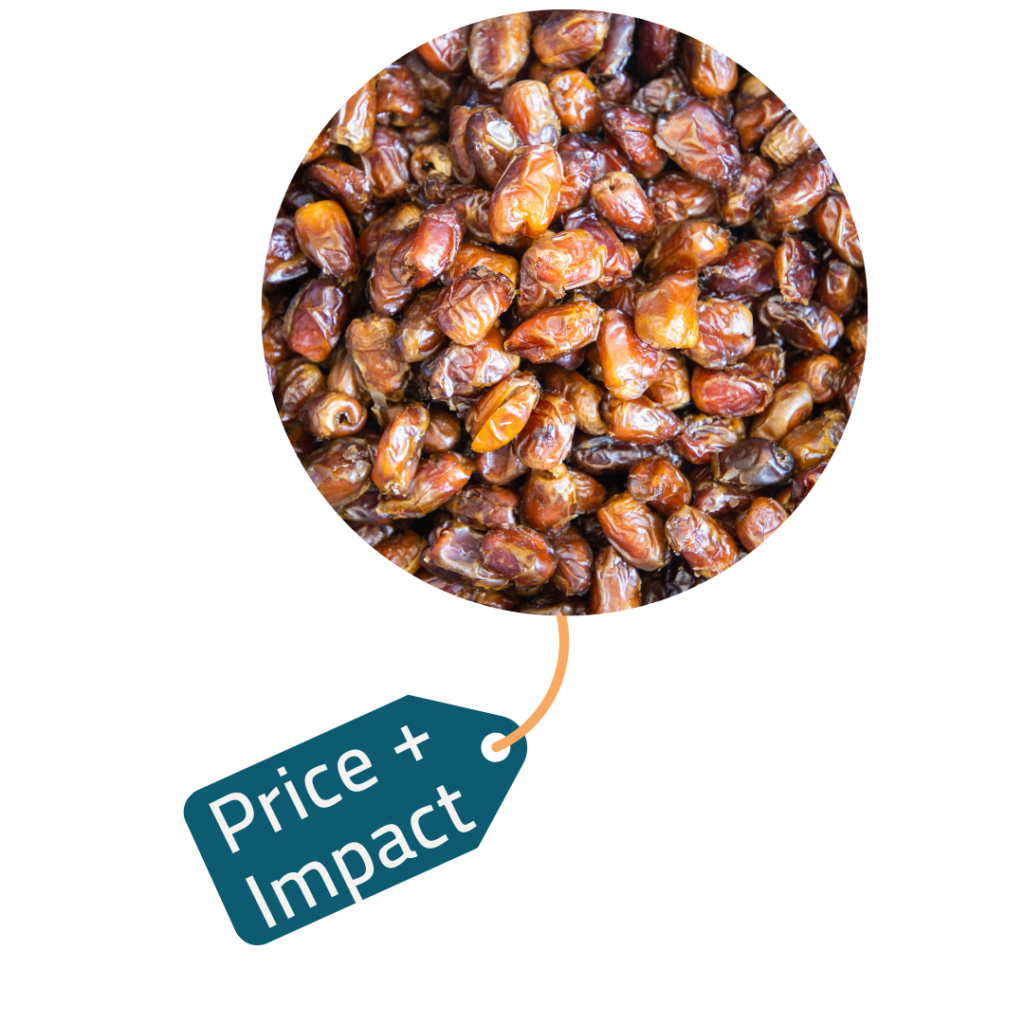
True Price Comparision
Sustainably & ethically produced products add value to society. However, when comparing prices, we don’t take into account the long-term impact of the product. For example, since these Dates are sequestering Co2e it is actually saving up to 0.14USD per kilo! This means that it is cheaper than products that emit Co2e, but so often the price tag doesn’t reflect that.
We encourage you to compare products based on their true price; the price that reflects the hidden costs that we and future generations eventually pay for.

This cultivation of Dates saves up to 0.25 USD/Kilo, by sequestering carbon into the soil.
Examples of Hidden Costs
Costs that are not reflected on the price tag, but are eventually paid by society
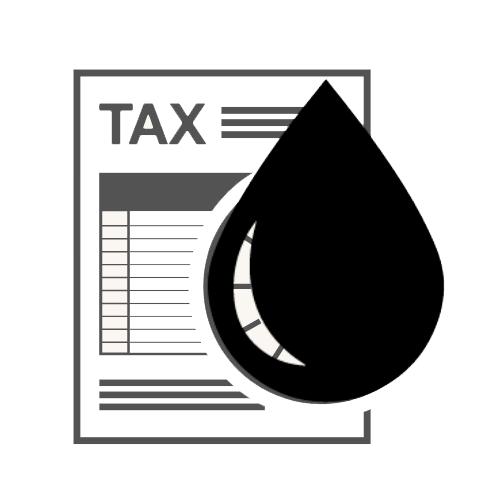
WATER
REPROCESSING COST
Society is paying taxes to clean water sources from agriculture’s chemical fertilizers, pesticides and herbicides, as well as the irresponsible disposal of wastewater from factories, in order to make it usable/drinkable water.

HEALTH COSTS
The use of pesticides in agriculture eventually affects the human body and therefore increases medical treatment costs.
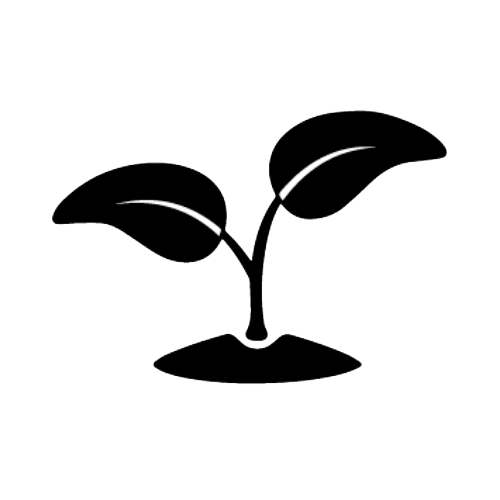
ENVIRONMENTAL
DAMAGE
Society has to bear the long-term cost caused by disruptive agriculture e.g. soil erosion, desertification, loss of biodiversity.
Locations
Check out the locations of all the farms, companies who were involved in making this product!
discover the origin of your product
Mandisha
Know more about their Carbon Credit production
Rahma
Know more about their Carbon Credit production
We hope this information helped you Choose Your Impact!
And make mindful purchasing decisions that leave a positive impact on people and the environment
Interested to know more about the companies above? Click here to download the SEKEM Sustainability Report

